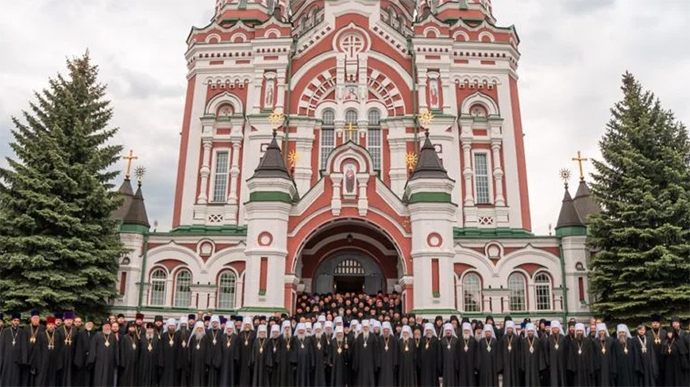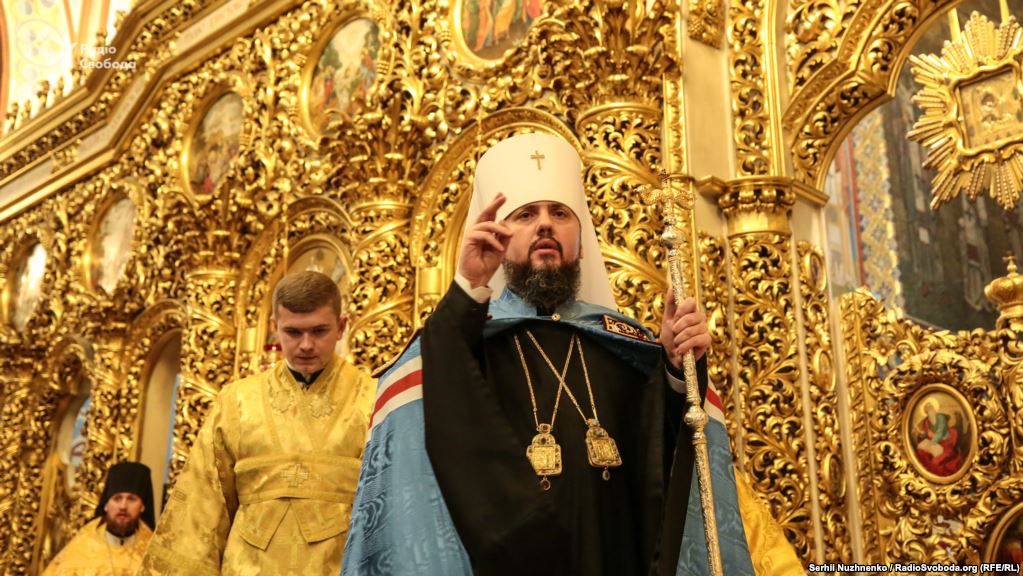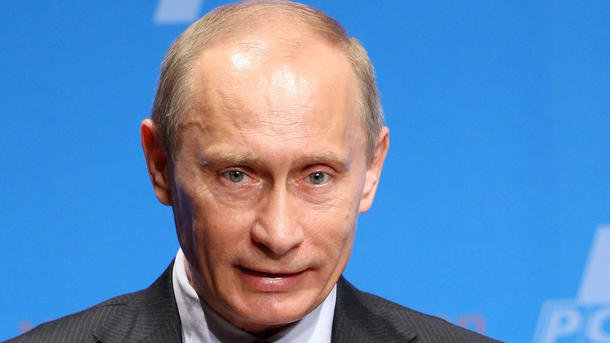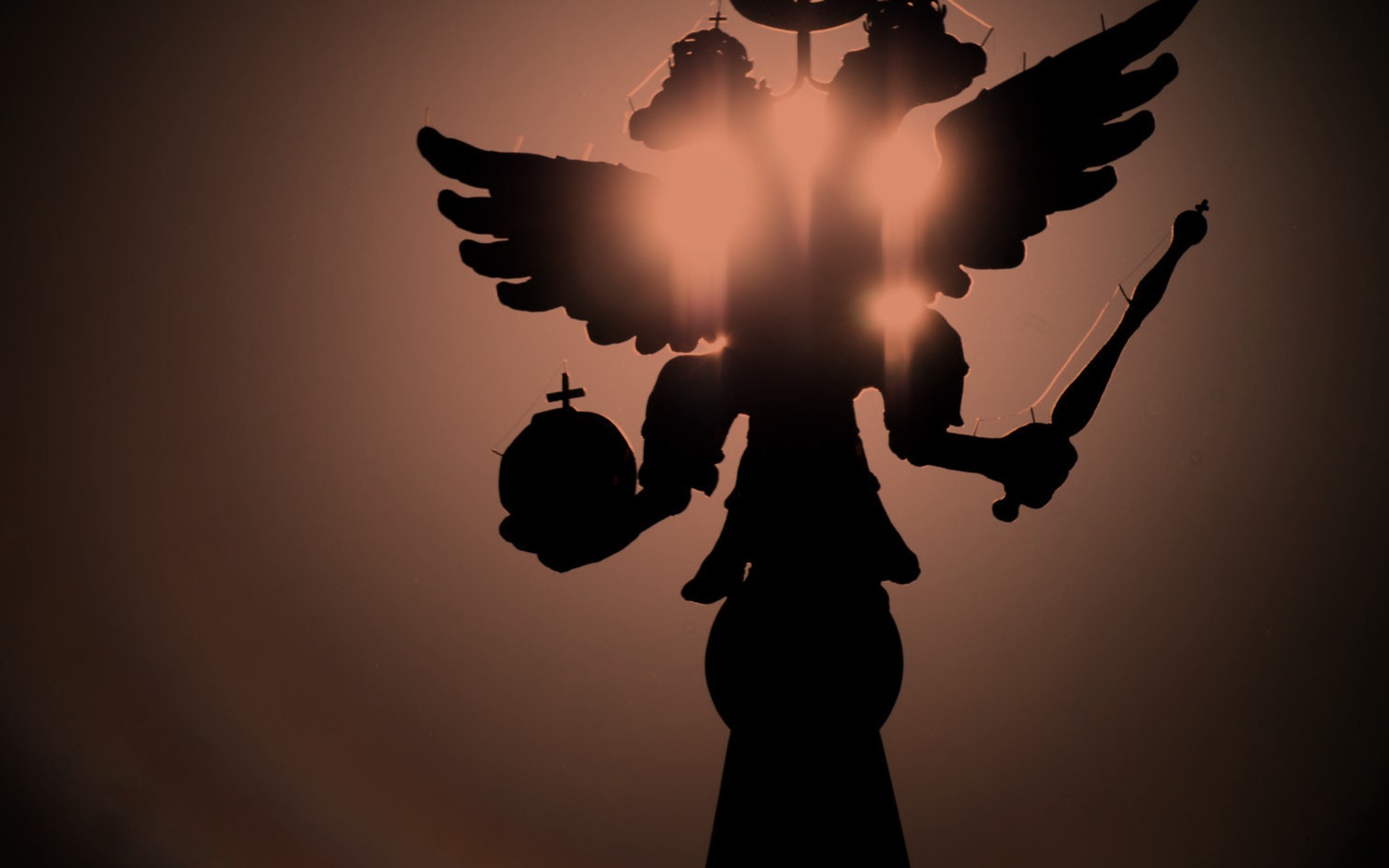The revised Foreign Policy Concept paper the Kremlin released this week has declared that the defense of the Moscow Patriarchate abroad, “including in the interests of security the unity of Orthodoxy” and of the traditional values it and the three other traditional faiths of Russia, Islam, Judaism, and Buddhism key features of Moscow’s foreign policy agenda.
Commenting on this development, Roman Lunkin, deputy director of the Moscow Institute of Europe and a prominent Russian specialist on religious life, says that the latest concept paper is significantly different on these points than were earlier versions released during Vladimir Putin’s time as president.
Putin’s Patriarch Kirill spied for USSR in 1970s Switzerland – Swiss media
In the 2000 text, Lunkin notes, religion wasn’t mentioned at all. In 2008, it was mentioned in the context of the Putin-orchestrated union of the ROC MP
and the Russian Orthodox Church Abroad. But in the text issued in 2016, there again was no word about the ROC MP, and instead the focus was on combatting extremism.
What is unclear is just what this will mean or whether the ROC MP will benefit. If the Russian state gives the ROC MP support abroad, that may help in some countries, but in the West, it will simply reinforce the view that the ROC MP is Moscow’s agent in place.
Moscow Patriarchate’s war in the Kyiv-Pechersk Lavra: church turmoil in Ukraine, explained
In reporting Lunkin’s observations, Andrey Melnikov, editor of NG-Religii, points out that the latest concept paper’s defense of traditionalism is not new but one aspect of Moscow’s view about it is. The Russian government apparently has no plans to use churches to reach out to conservatives in the US, where they are strong but will do so in Europe, where they aren’t.
Read also:
- Moscow Patriarchate’s war in the Kyiv-Pechersk Lavra: church turmoil in Ukraine, explained
- SBU charges Moscow-linked Kyiv monastery abbot with inciting religious hatred and denying Russian aggression
- Passions in the Lavra: why the Ukrainian state broke its patience with the Moscow-aligned Orthodox Church
- Russian Orthodox Church shares responsibility for Russia’s aggression – Ecumenical Patriarch
- Moscow-backed Ukrainian Orthodox Church still linked to Russia despite claims – expert committee
- Moscow Patriarchate says it has churches in 19 African countries, angering Orthodox world but giving FSB expanded possibilities
- Putin’s Patriarch Kirill spied for USSR in 1970s Switzerland – Swiss media
- Moscow Patriarchate tells Russian troops: “Your task is to wipe the Ukrainian nation off the face of the earth”
- Moscow Patriarchate still has more parishes in Ukraine than its Kyiv counterpart but fewer followers (2017)





